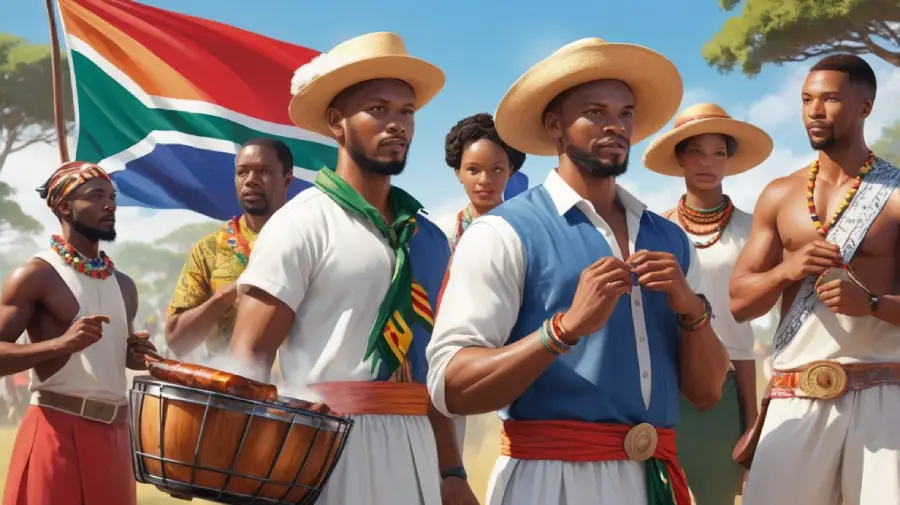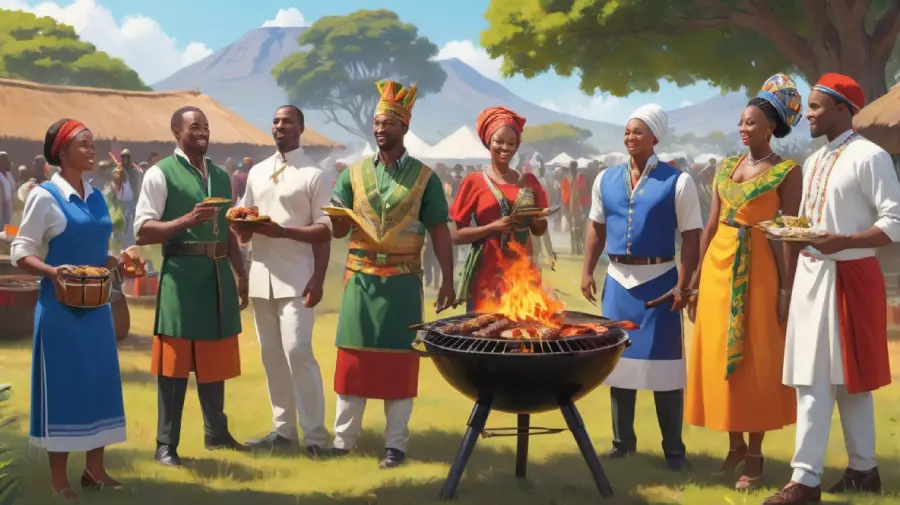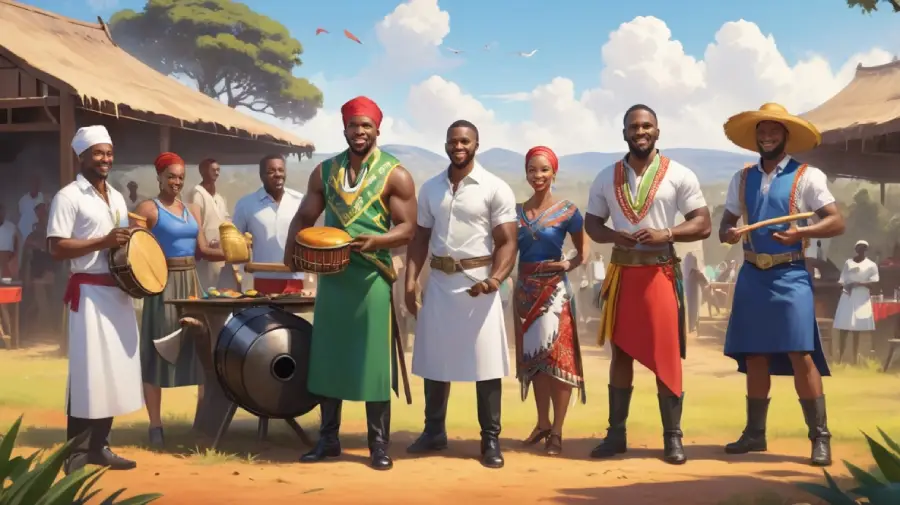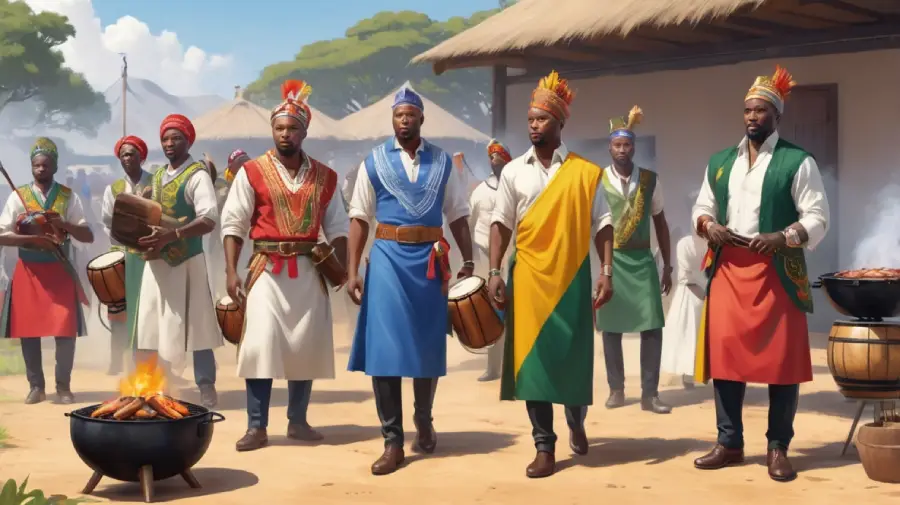Heritage Day is a significant public holiday in South Africa, celebrated annually on September 24th. It is a day dedicated to recognizing and honoring the diverse cultural heritage that defines the nation’s identity. Known for promoting unity and understanding, Heritage Day serves as a reminder of South Africa’s rich history and the importance of embracing its unique diversity.

What is Heritage Day?
A Brief Overview of Heritage Day
Heritage Day in South Africa is not just a holiday but a celebration of the country’s rich tapestry of cultures, languages, and traditions. It is a day to reflect on the nation’s journey as the “rainbow nation,” a term coined by Archbishop Desmond Tutu to describe South Africa’s multicultural society.

Importance of Heritage Day in South African Culture
The holiday emphasizes the value of cultural preservation and social cohesion. By celebrating Heritage Day, South Africans demonstrate their commitment to fostering unity in diversity.
The History of Heritage Day
From Shaka Day to Heritage Day
The origins of Heritage Day date back to the commemoration of Shaka Zulu, a revered Zulu king known for uniting various clans in the 19th century. This day was originally known as Shaka Day, celebrated by Zulu communities.
Establishment of Heritage Day in 1995
In 1995, post-apartheid South Africa adopted September 24th as Heritage Day to include all cultures. This inclusive approach reflects the nation’s commitment to embracing diversity and acknowledging its collective heritage.

The Significance of Heritage Day
Promoting Cultural Diversity and Social Cohesion
Heritage Day in South Africa plays a vital role in celebrating cultural diversity. It encourages South Africans to learn about and respect the traditions of others, fostering social harmony.
A Reflection on the “Rainbow Nation”
The holiday is a testament to South Africa’s vision as a “rainbow nation,” where different cultures coexist peacefully while maintaining their unique identities.
Celebrations and Traditions
Common Practices: Braai and Community Events
A notable tradition associated with Heritage Day is the “braai” (barbecue), a gathering where friends and family come together to share meals and stories. Community events, cultural exhibitions, and public performances also highlight the day’s festivities.
Showcasing Cultural Activities and Performances
From traditional dances and music to art exhibitions, Heritage Day celebrations showcase the vibrant cultural landscape of South Africa. These events offer a platform for communities to express their heritage proudly.

The Concept of Living Heritage
What is Living Heritage?
“Living heritage” refers to cultural practices, traditions, and knowledge passed down through generations. It includes rituals, oral traditions, and social practices that form the fabric of South African communities.
Examples of Living Heritage Celebrations
- Traditional beadwork displays by the Zulu community.
- Indigenous storytelling sessions.
- Performances of Xhosa music and dance.
These activities emphasize the dynamic and evolving nature of South African heritage.
Personal Reflections on Heritage Day
Voices of South Africans
For many, Heritage Day is a deeply personal experience. As one resident shared:
“Heritage Day reminds me of my grandmother’s stories, which taught me to appreciate my roots and the importance of family traditions.”
Heritage and Identity
Celebrating heritage fosters a sense of belonging and pride. It strengthens community bonds and helps individuals connect with their ancestry.
Why Heritage Day Matters
Heritage Day is more than a celebration; it is an opportunity to honor the past, embrace the present, and look forward to a united future. By recognizing and valuing cultural diversity, South Africans build a stronger, more cohesive society.


